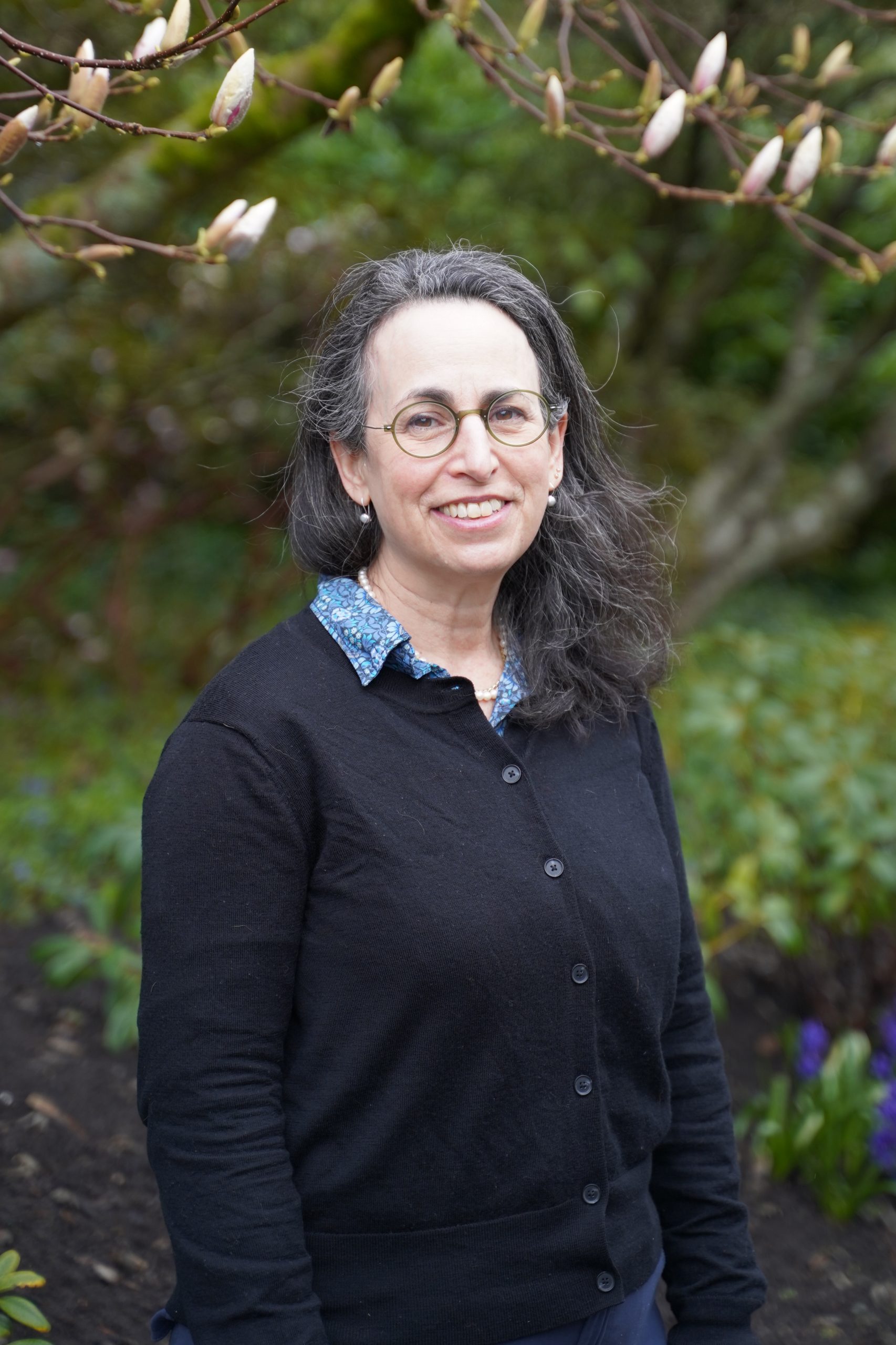Monday, October 30 at 12:30 PT
Buchanan Tower, Room 1099
The Hypogée des Dunes, Poitiers: Faith and Science in Nineteenth-Century France by Dr. Bonnie Effros
The late nineteenth century saw the growth of a sizable chasm between the faith-based work of clerical scholars and the proponents of professional archaeological circles in France. The career of the Belgian Jesuit Camille de la Croix is a good example of such a phenomenon: in 1879, the archaeologist, who would remain for over forty years in Poitiers, France, believed that he had discovered 72 previously unknown martyrs at the Hypogée des Dunes. However, because his interpretation of the site was improbable and supported ultramontane claims for the apostolic origins of the church in Gaul, some colleagues were skeptical. Many lay contemporaries in the Third Republic argued that a faith-based approach such as that of de la Croix precluded full and meaningful participation in scientific research. In this presentation I will address the scholarly conflict over the Hypogée des Dunes and what that said, in turn, about evidence for the earliest Christians in Gaul.
Bio:
 Bonnie Effros, Ph.D., is Professor of History and Head of the Department of History at UBC. She is the author of, among other, Incidental Archaeologists: French Officers and the Rediscovery of Roman North Africa, 1830-1870 (Cornell UP, 2018) and Uncovering the Germanic Past: Merovingian Archaeology in France 1830-1914 (Oxford UP, 2012). Effros is the series editor of the Brill Series on the Early Middle Ages, a continuation of the Transformation of the Roman World series published by E.J. Brill in the Netherlands (2004-present) and she is a book review editor (2021-present) and member of the editorial board of Studies in Late Antiquity published by University of California Press (2016-present).
Bonnie Effros, Ph.D., is Professor of History and Head of the Department of History at UBC. She is the author of, among other, Incidental Archaeologists: French Officers and the Rediscovery of Roman North Africa, 1830-1870 (Cornell UP, 2018) and Uncovering the Germanic Past: Merovingian Archaeology in France 1830-1914 (Oxford UP, 2012). Effros is the series editor of the Brill Series on the Early Middle Ages, a continuation of the Transformation of the Roman World series published by E.J. Brill in the Netherlands (2004-present) and she is a book review editor (2021-present) and member of the editorial board of Studies in Late Antiquity published by University of California Press (2016-present).